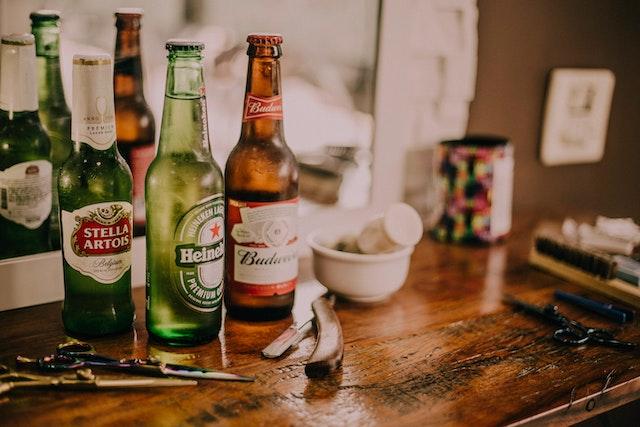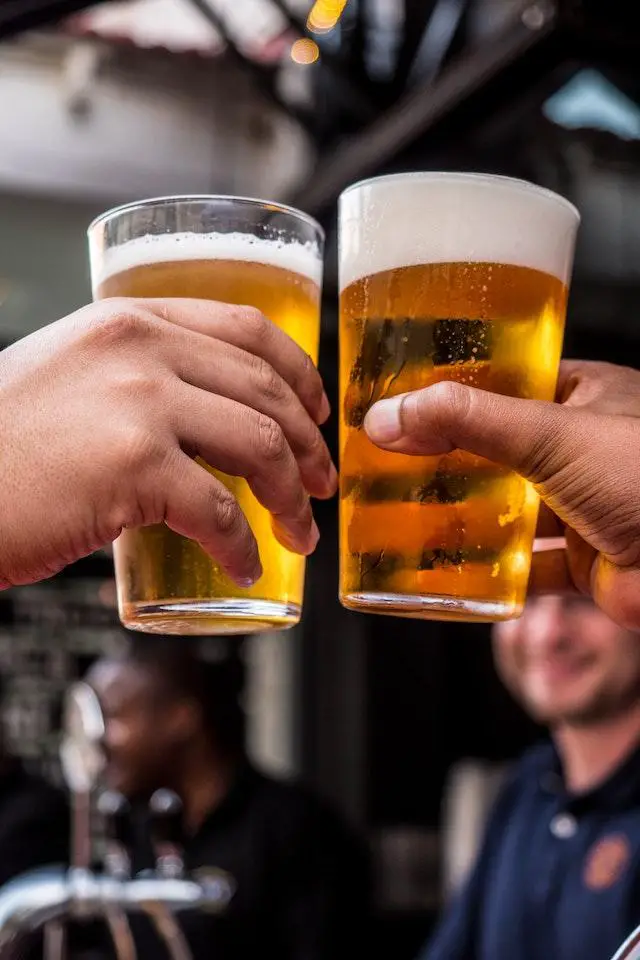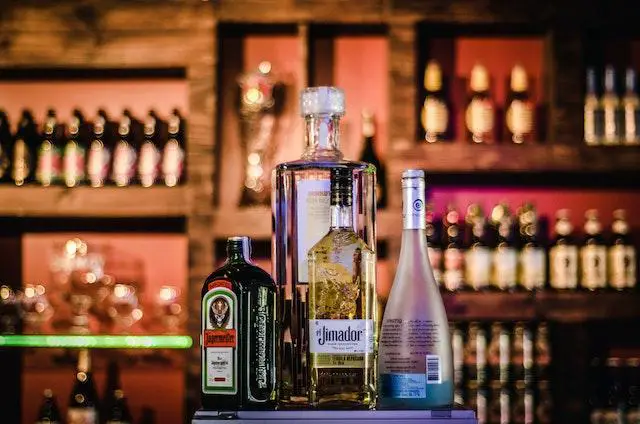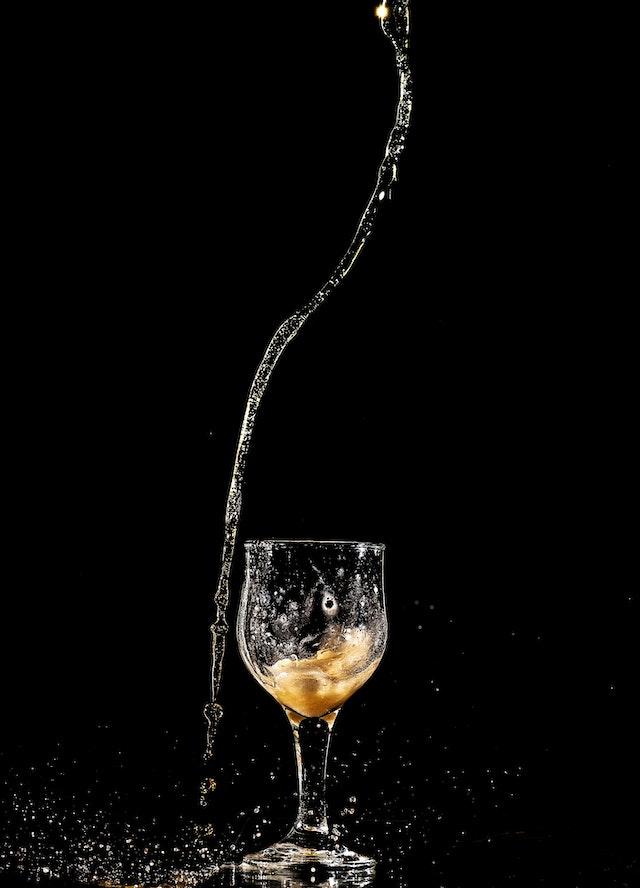
Alcohol is a depressant substance that can have a number of effects on the body, including making you urinate more frequently.
As a result, it is important to drink plenty of water when you are consuming alcohol, in order to stay hydrated and avoid the negative effects of dehydration.
Additionally, it is important to be mindful of your alcohol intake, and limit how much you drink in order to prevent excessive urination and other potential health problems.
How does alcohol make you pee?

There are several reasons why alcohol can make you urinate more frequently. It includes:
Alcohol can act as a diuretic.
Alcohol is a substance that acts as a diuretic, meaning that it can increase urination and cause dehydration.
This occurs because alcohol can interfere with the normal functioning of the kidneys, causing them to release more fluid into the urine.
Additionally, alcohol can stimulate the production of antidiuretic hormone (ADH), which helps the body to retain water.
Because of these effects, alcohol consumption can lead to increased urination and dehydration, which can have serious health consequences if left unchecked.
Alcohol can cause dehydration.
Alcohol consumption can lead to dehydration, a condition that occurs when the body loses more fluid than it takes in.
This can occur due to several factors, including increased urination and loss of water through sweating.
Dehydration can cause a number of uncomfortable symptoms, including dry mouth, dizziness, fatigue, and thirst.
In severe cases, it can also lead to more serious health problems, such as kidney damage, heat stroke, and even death.
Alcohol can interfere with the production of antidiuretic hormone (ADH).
Another factor that can contribute to increased urination and dehydration when consuming alcohol is its effects on ADH, a hormone produced in the pituitary gland of the brain.
Alcohol can interfere with the production of this hormone, which helps to regulate fluid levels in the body.
This interference can lead to increased urination and urinary tract problems, as well as other health issues associated with dehydration.
Does peeing make you less drunk?

There is no definitive answer to this question, as the effects of urination and its relationship to intoxication can vary from person to person.
In general, however, urination may help to reduce some symptoms of intoxication, such as thirst and dehydration.
Additionally, regularly urinating can help to remove harmful toxins from the body that are associated with alcohol consumption.
However, it is important to note that urination does not directly reduce intoxication or reduce the amount of alcohol in the body.
How to avoid excessive urination?

If you are looking for ways to reduce your alcohol intake and avoid excessive urination, there are several things you can do. These include:
Limiting your overall alcohol intake
One of the best ways to avoid excessive urination when drinking alcohol is to limit your overall alcohol intake.
This can be done by choosing lower-alcohol drinks, such as beer or wine, instead of high-alcohol options like cocktails or spirits.
It is also important to pace yourself and drink slowly, rather than consuming large amounts of alcohol in a short period of time.
Staying well-hydrated by drinking plenty of water
Staying well-hydrated by drinking plenty of water is an important step in preventing excessive urination and other negative effects of alcohol consumption.
This can be done by making sure to drink plenty of water throughout the day, as well as before, during, and after a night out drinking.
Other tips for staying hydrated include avoiding diuretic foods and drinks, such as caffeinated beverages or foods high in salt and sugar.
Avoiding consuming alcohol on an empty stomach
One of the best ways to avoid excessive urination and other negative effects of alcohol consumption is to avoid consuming alcohol on an empty stomach.
This can be done by eating a healthy and balanced diet that includes plenty of nutrient-rich foods such as fruits and vegetables, lean proteins, whole grains, and healthy fats.
Additionally, it is important to avoid high-fat or greasy foods, which can slow down the absorption of alcohol and lead to increased intoxication.
Avoid drinking caffeinated or alcoholic.
One of the best ways to avoid excessive urination and other negative effects of alcohol consumption is to avoid drinking caffeinated or alcoholic beverages that can further stimulate urination.
These types of beverages contain diuretic compounds, which can increase urination and lead to dehydration.
In addition to alcohol and caffeine, other common diuretics include soft drinks, sports drinks, and tea.
Final thought
Overall, there is no simple answer to the question of whether or not urination can help to reduce intoxication.
Factors such as individual physiology, alcohol consumption habits, and environmental conditions can all play a role in how urination affects intoxication.
To best avoid excessive urination when drinking alcohol, it is important to stay well-hydrated by consuming plenty of water, avoiding drinking on an empty stomach, and avoiding high-fat or greasy foods that can slow down alcohol absorption.
Additionally, it is important to limit overall alcohol intake and avoid consuming caffeinated or alcoholic beverages whenever possible.
By practicing these tips, you can better manage your alcohol consumption and reduce the risk of experiencing negative effects like excessive urination.



